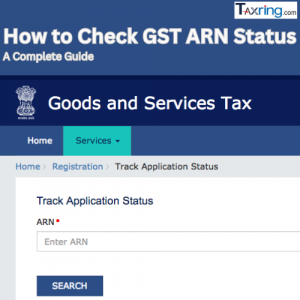-1920x700.jpg)
Tax Planning Tips for Small Business Owners: Save & Grow
Tax planning is essential for small business success. Properly managing your taxes can lead to significant savings and pave the way for business growth. Here are some crucial tax planning tips that can help you optimize your finances and keep more money in your pocket:
1. Write Off Preliminary Expenses
When starting a business, you incur various initial costs such as market research, engineering, and other setup expenses. The good news is that these preliminary expenses can be deducted from your taxes. Under Section 35D of the Income Tax Act, you can write off these costs in five equal installments over the first five years. This deduction helps reduce your taxable income, providing financial relief during the crucial early stages of your business.
2. Claim Business Expenses
Every expense incurred while running your business is potentially deductible. This includes costs related to operations, supplies, and other business-related expenditures. To maximize your tax deductions, keep detailed and systematic records of all transactions and expenses. By diligently tracking your spending, you can lower your taxable income and enjoy substantial savings on your tax bill.
3. Leverage Additional Depreciation
If you’ve invested in new machinery or equipment, you can benefit from additional depreciation. Under Section 35AD of the Income Tax Act, businesses can claim an extra 20% depreciation on new assets during their first year of operation. This provision is designed to encourage investment in specific industries and can significantly reduce your tax liability.Tax Planning
4. Deduct Home Office Costs
Many entrepreneurs use their home as an office to cut down on operating costs. If you use your home as your principal place of business, you can claim deductions for related expenses. This includes depreciation of your home office space, utility bills, property taxes, and mortgage interest. Claims can be made under Section 32 for depreciation and Section 37 for other home office expenses, which can substantially reduce your overall tax burden.
5. Avoid Late Filing Penalties
Timely tax filing is crucial to avoid penalties. Ensure that you submit your tax returns before the due date to prevent unnecessary fines and interest charges. Keeping track of filing deadlines not only helps you avoid penalties but also ensures you maximize your tax benefits.
6. Plan for Retirement
Planning for retirement is an often-overlooked aspect of tax planning for small business owners. It’s important to set aside funds in a retirement account or create a specific retirement plan. This strategy not only prepares you for the future but also helps reduce your current taxable income. By planning ahead, you secure your financial future while benefiting from immediate tax savings.
7. Seek Professional Help
Navigating tax regulations and maximizing deductions can be complex. Consulting with a tax professional can provide you with valuable insights and strategies tailored to your specific needs. A good tax expert offers more than just filing services; they provide proactive recommendations to help you optimize your tax position and save money.
Looking for Expert Tax Help?
Taxring is here to simplify your tax planning and filing process. Our team of experts provides personalized advice and support to help you navigate tax laws and maximize your savings. Contact us today to learn how we can assist you in achieving your financial goals and ensuring your business thrives.
Get in touch with Taxring:
- Phone: 9711296343 (Monday to Saturday)
- Email: contact@taxring.com
- Office Address: Taxring.com, Plot No. 19B, Second Floor, Office 205, Veer Savarkar Block, Shakarpur, Near HP World, East Delhi 110092
Let Taxring take the stress out of tax season and help you focus on growing your business!
Related article: Tax Planing tips for Business owners ,




